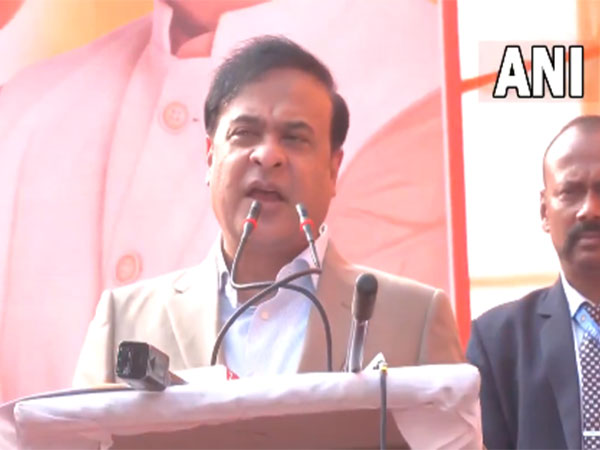
Despite high tax transfers in Union budget, states face fiscal challenges: Report
Feb 02, 2025
New Delhi [India], February 2 : Despite good tax transfer from the Centre to the states, the financial health of the states is struggling highlights a report by State bank of India.
The report noted a general decline in states' fiscal stability, with some exceptions. It also points out regional imbalances arising from differences in states' capacity to manage their local economies.
The report comes amid an ongoing debate over the transfer of financial resources from the Centre to the states. According to the report, a significant 59.9 per cent of the Centre's gross tax revenue is transferred to the states.
This transfer includes 33.3 per cent from the divisible pool of central taxes, 5.4 per cent under various schemes such as grants and loans for externally aided projects, disaster relief assistance, and capital expenditure loans.
Additionally, 19.9 per cent of the transfer is in the form of grants for rural and urban local bodies, State Disaster Response Fund (SDRF) grants, and revenue deficit grants.
It said "the finances of states using standard ration show general fall in fiscal health of the states with some exceptions".
These imbalances require careful financial management, especially given the free movement of labor across states. The report suggested that expenditure prioritization and greater devolution of financial resources to lower levels of government could help improve public service delivery.
It said "Some of the measures include expenditure prioritization and greater devolution at lower levels of government for better public good provisioning".
The report also highlighted that total financial transfer from the Centre to the states amounts to Rs 25.6 lakh crore. Of this, Rs 14.2 lakh crore comes from the divisible pool, while the remaining Rs 12.4 lakh crore is from the consolidated fund of the Centre.
These numbers indicate that states receive a substantial share of the country's tax revenue, aimed at supporting their development and welfare initiatives.
Despite these substantial transfers, states continue to face fiscal challenges. The report emphasized the need for better financial management at the state level. It suggests that states should focus on optimizing their expenditures and enhancing financial autonomy at lower levels of government. This would help ensure efficient utilization of resources and improve overall economic stability.
While tax transfers play a crucial role in supporting state finances, the report highlights the importance of sound fiscal management by states to maintain long-term economic health.



























